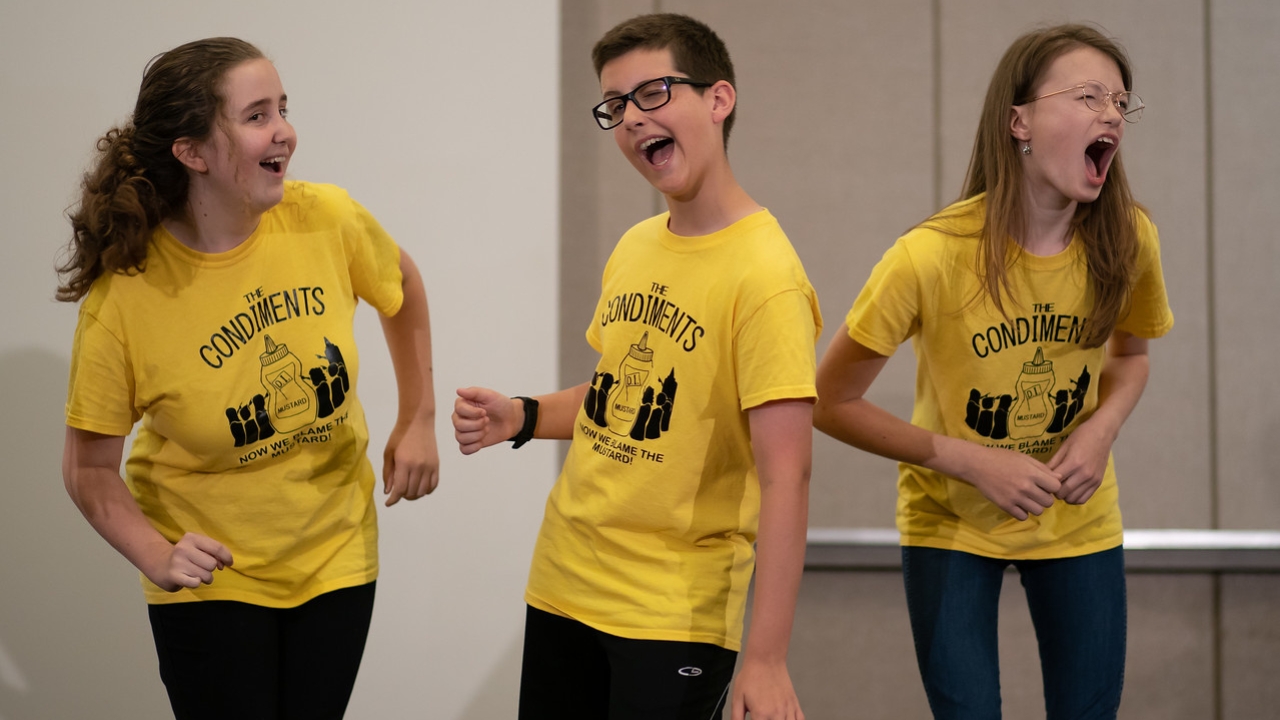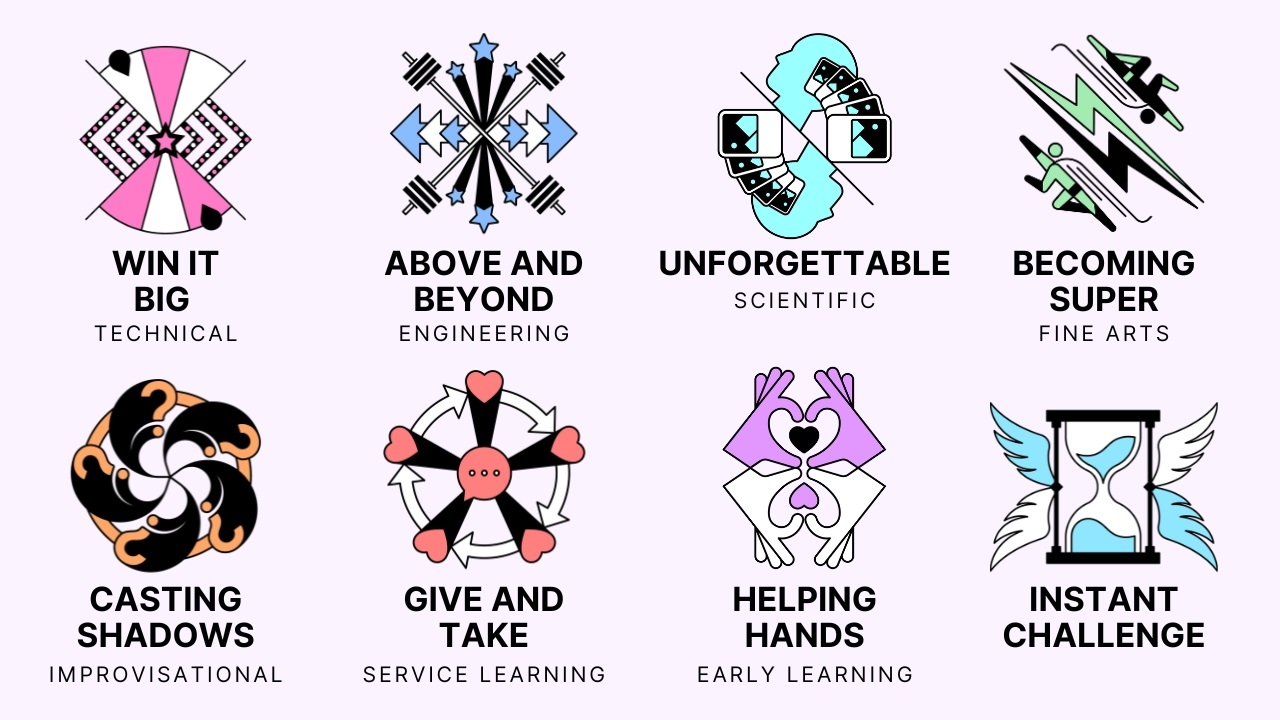By Jennifer Andreachi, Team Manager
There always seems to be a small window in which you can get your team to focus all at the same time. You may manage a team where some of your kids work better with certain members and not well with others. Some of your team members may struggle with concentrating, in general. In the seven years I have been a Team Manager, here are a few tips I’ve learned along the way:
- Have them run laps around the outside of the house. It burns off extra energy for those long meetings, after-school meetings, and mid-meeting breaks.
- Break your team up into smaller groups in order to get things accomplished by task. Have a few of the team members work on the story while the others work on the set. It doesn’t hurt to do Instant Challenges in smaller groups either. You will begin to notice their strengths, and they will too, allowing them to work better together as a group.
- For younger children who have a hard time focusing, give them an activity to focus on while the team is discussing things. One of my boys does dot-to-dot worksheets. It keeps him focused while still allowing him to listen and contribute to the conversations.
- Younger teams need a lot of variety in their team meetings. Plan breaks that require them to move around. I use team-building challenges to help with this. An example would be to have them stand in a line, put their heels on the toes of the person behind them, and have them walk as a team across the room. Another would be the knot challenge, where they all place their hands into the center of the circle and grasp the hands of two different people. Have them untie themselves without breaking the chain of hands.
- Give them non-verbal communication ICs. It allows them to tap into other senses to help them focus and communicate in different ways.
- Longer meetings will require a snack break. This can help re-energize and re-focus the team—especially if you meet right after school.
- This next tip can work…or explode in your face. In the past, I have told my team to go down into the basement (or whichever space they are using to create their solution) to work independently. Now, doing this with a third-grade team probably wouldn’t work, but it will definitely work fourth-grade students and older. I have done this when they are working on their script or doing research for their Challenge. Why? Because then the responsibility is on them to keep focused and get things accomplished. They also tend to be more creative without an adult in the room.
These are just a few of the things I have learned in managing teams through the years. Every DI team is different—some just click and work well together, while others might be polar opposites. Know that they will eventually learn to work together and focus. The most important thing you can do is to keep things fresh and interesting, and if all else fails…make them run laps. 🙂
For more Team Manager tips, be sure to follow us on Facebook, X, and Instagram.






